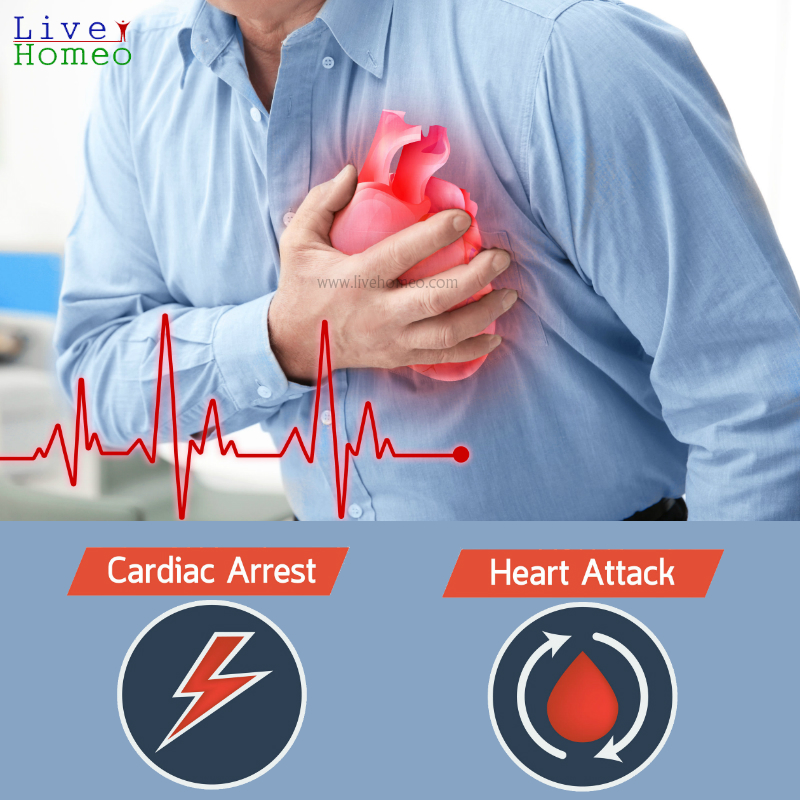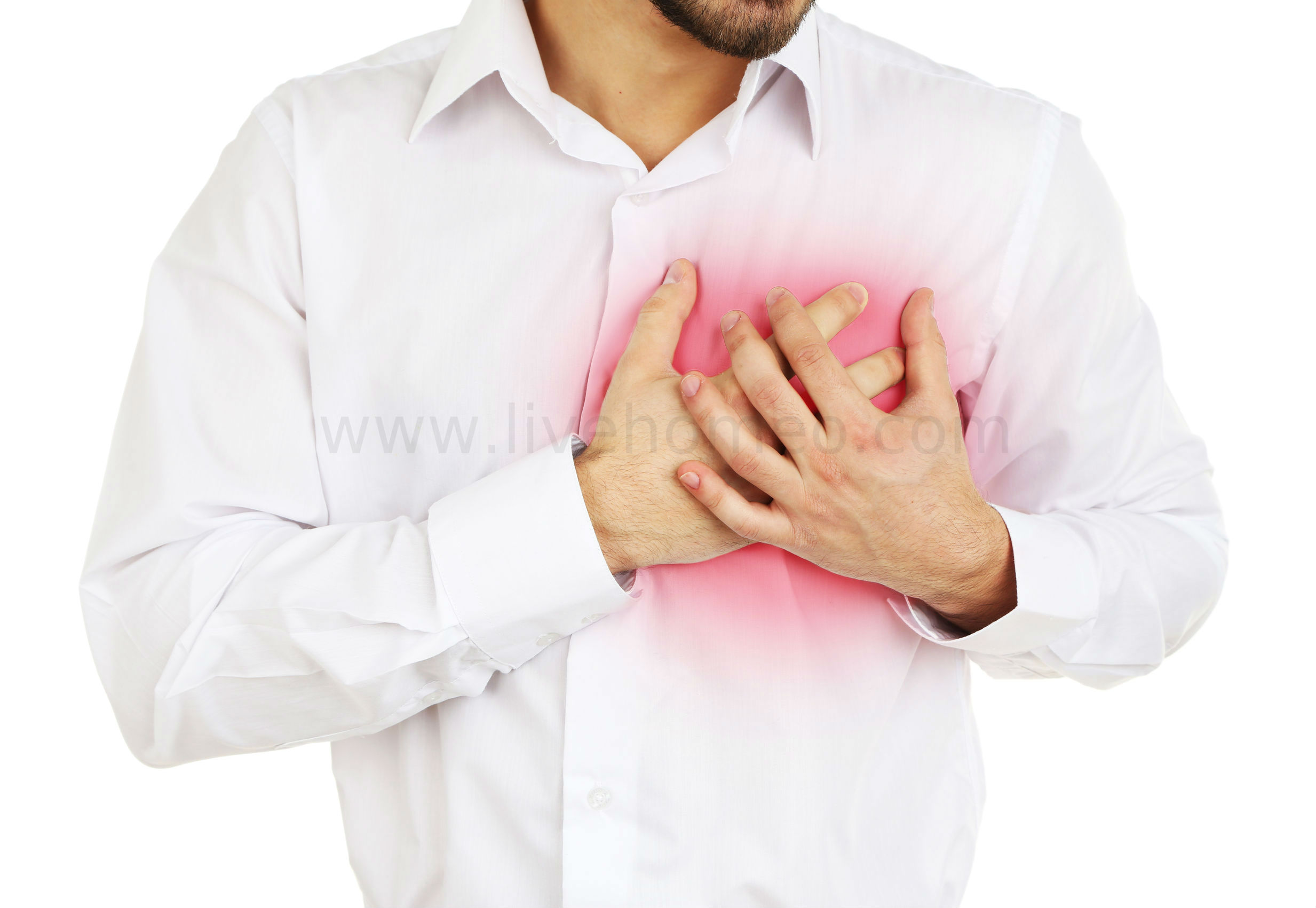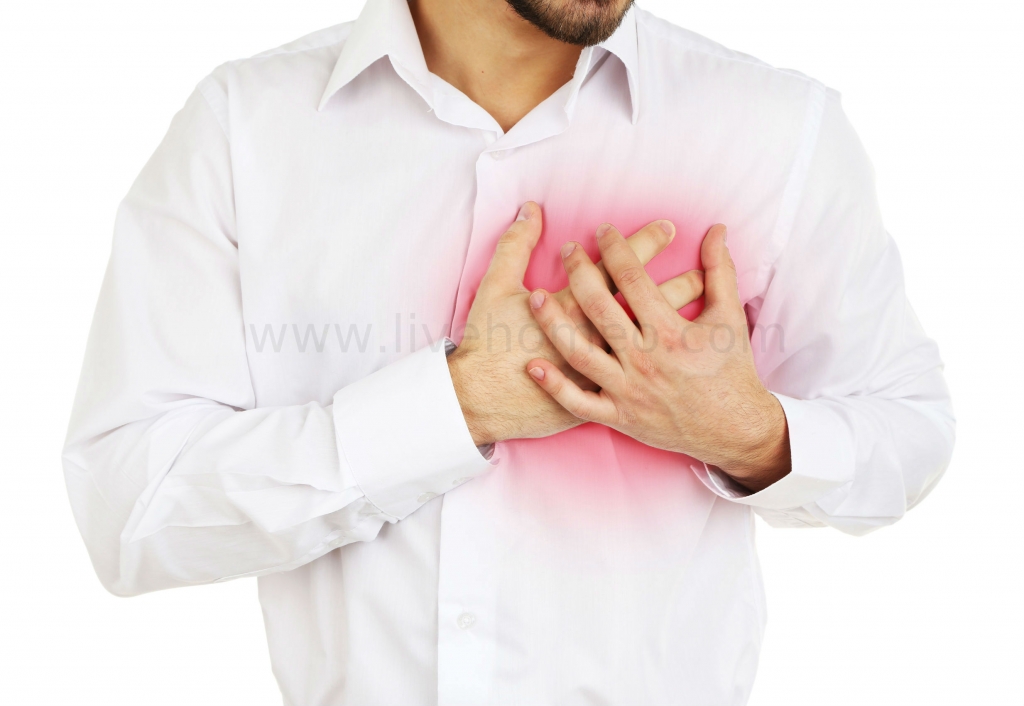Tips to deal with Panic Attack
We all feel panic at times when we encounter scary and fearful events or things. This is a normal thing, this anxiety and fear also further assists us in staying alert and safe in such daunting situations. But if you experience extreme fear and anxiety even without any obvious reason, then it may be due to a panic attack. This is a nerve-racking condition that can further interfere with your regular lifestyle.
But, fortunately, one can get control over this panic attack problem by knowing about it, identifying the triggers and also following a few simple tips. Let us in detail discuss the panic attack and tips to deal with it.
Frequently asked questions |
| Tips to overcome trauma disorders? |
| How does stress affect your brain and behaviour?
|
| Tips for a stress-free |
What is a Panic Attack?
A panic attack is a sudden and terrifying flow of symptoms like breathlessness, irregular heartbeat, sweating, muscle spasm and so on, which makes it difficult to handle physically and emotionally. Many people with panic attack think that they are having a heart attack and feel that they are going to collapse immediately. A panic attack will hit you quickly without any warning signs and may last from 5 minutes to 30 minutes. Many people after a panic attack fear getting another episode of attack and few visits their doctors and get physical exams and shockingly they may not get anything on the test result.
As discussed earlier, a panic attack is often our body’s reaction to fear. When you experience fear or a traumatic event you will experience some strange physical reactions in your body and leads to several symptoms.
Understand the symptoms of a Panic attack
Many situations can trigger your risk of a panic attack and lead to several frightening symptoms. By familiarising yourself with the symptoms of a panic attack, you can get control of your attack and might even take some steps to overcome it instead of fearing it.
- Abnormal/ fast heartbeat
- Breathlessness
- Dizziness
- Increased sweat
- Shivering
- Chest pain
- Muscle spasms
- Hot flashes
- An urgency to go Toilet
Symptoms and the body’s response to certain situations differ from person to person. In most people, when experience a fearful event, their body goes on alert and prepares itself to defend against the danger and you experience symptoms like a faster heartbeat, increased circulation, improved vision and your muscles get ready to move quickly. Whereas, among a few people, their body and mind instead of reacting quickly to the condition, get stuck and remains stable and shocked.
During a panic attack, people experience two types of reactions like
- Anticipatory Anxiety- Under this condition, an individual becomes mentally anxious over the past event and their body responds as it is going to happen again. Triggers may include photographs, conversations and so on which recall past traumatic memories.
- Self-defeating visualization- Under these individuals does not just picture themselves experiencing the old traumatic event but also fear losing control over the condition.
Tips to Handle a Panic Attack
Below are a few simple tips that help you overcome a panic attack by controlling your symptoms.
- Practice breathing exercise- Many people breathe quickly during a panic attack which further worsens the condition. If you start feeling panicked, try to relax your breathing first. You can practice some simple breathing exercises to control your condition. First close your eyes, take a deep slow breath through your nose and hold on for 5 seconds and then breath out slowly through your nose/mouth. Focus on your breathing and practice this for few minutes or until you feel relaxed.
- Relax your muscles- During a panic attack, our body gets tensed up and the muscle becomes stiff. To avoid this first sit/ sleep in a relaxed position and then try to relax all your muscles starting from toes to up to the face by moving them and practising few muscle relaxation techniques.
- Exercise and stay active- Many times people feel fatigued (or tired) during a panic attack and stick to their couch. But instead of sitting ideally, you can practice some simple exercises like stretching, Yoga and walking. Exercising helps to improve your mood and also keeps you refreshed.
- Stop and confront your fear- Instead of avoiding fear, try to confront it, understand it and its triggers. When you start getting panicked, try to comfort yourself by organizing your thoughts and thinking positively. You can take the help of a therapist to get to the roots of the problem.
Though a Panic attack looks frightening in the initial stages, once you learn about it, its triggers and ways to control your thoughts, then you can easily get over it.





